
This article is brought to you by Heyday, AI-powered research assistant that makes you smarter by automatically resurfacing content you forgot about.
Things are looking very, very bad out there.
For investors, it has been a rough year. Just in the last 60 days, we have seen tens of billions of investors' money destroyed by scams in Crypto like Luna. Tech company IPO prices over the last year are down ludicrous amounts, regardless if they were VC backed, SPACed, or PE backed.
Even existing SaaS stocks are trading at a ~20% discount to long-term averages. 83% of fund managers think the most likely outcome over the next 12 months is below-average growth and above-average inflation aka stagflation. Investors are hurting.
Consumers are experiencing equal, if not greater, levels of pain. Last week, the national average mortgage rate hit 5.78%. It was at 5.23% just last week.
U.S. inflation is at its highest in 25 years with similar inflation rates being found globally:
US Interest rates over the last 25 years
Families are feeling it with gas prices up nearly 50% and food prices up 12% in the last year. Consumer sentiment over the economy is at the lowest point since the 1980s.
People are justifiably scared. I don’t know if a recession is coming, but all the signs are pointing to us residing in You-Should-Be-Worried-Ville.
In response to this moment, friend of the publication Packy McCormick published a compelling post arguing for optimism. In many ways, I agree with him! You should be greedy when others are fearful! If you follow the trendlines and not the headlines, to quote Bill Clinton, this is actually a wonderful time to be alive. Opportunity is abundant! The world needs more optimism and I’m cheering on Packy for taking that challenge.
Sponsored by: Heyday
If you like to write and research online, you know how easy it is to lose track of relevant content you’ve encountered throughout your day. Heyday fixes that with a browser extension designed to help you learn faster and save time. It will:
- Surface content from past research alongside relevant Google search results
- Overlay articles you are reading with relevant tweets, articles, and documents
- Curate a knowledge base that fills itself with content related to topics you’ve spent the most time researching
Try Heyday for free, no credit card required.
However, if you are anything like me, whenever people tell you to be more optimistic, you bristle. There is something about this attitude that has big 1940s-grandpa-keep-your-chin-up-sport energy. It feels a smidge condescending. I recognize that part of this feeling is the narcissist in me that doesn’t like being told what to do, but there is also a component of the “choose optimism” narrative that is just plain wrong.
Entropy exists. Companies crater. Fundraises flop. It is very easy to be optimistic and poor (see NFT holders).
It may be the contrarian in me, but I think views espousing relentless optimism are simplistic and maybe even harmful. Being a default optimist or default skeptic is stupid. Determining when to be optimistic is smart.
Optimism is good, but sometimes it is a way for us to avoid hard truths. Too much optimism now and you might avoid a painful layoff today that leads to a company failure a few months from now. Or maybe too much optimism led you to take on too much risk in investing.
So today I would like to talk about two things. First, whether you should feel optimistic about this current market crash. It acts as a case study by which you can understand when optimism is bad. Second, I would like to walk through how optimism distorts the two most important variables in investment analysis: risk and return.
Why should you be optimistic right now?
If you are part of that 83% of consumer’s worrying about the economy, I have good news and good news. Good news numero uno is that you are right (congrats!) you should be worried about the economy. Good news two is that maybe, just maybe, you shouldn’t be worried about the economy personally.
To maybe make this more clear, an economy being in the pits is totally different than your personal finances being in the pits. An economy that is in a recession has decreased demand, lower asset prices, and mass layoffs. Unemployment shoots up and all the businesses propped up by cheap capital go the way of Aquaman after a late night (sleeping with the fishes). This is really, really scary for almost everyone.
However, it is a very happy time for some people for the exact same reasons. Unemployment is high (meaning cost of labor decreases), businesses die (decreasing the amount of competition), and asset prices are down (meaning that it is cheaper to acquire assets). I know so many people that became millionaires during the Great Recession. Right as the market bottomed out they went hard with their capital reserves and bought and bought and bought. A real estate fund that I’m familiar with spent hundreds of millions in 2010 on rental housing purchases in Phoenix and Las Vegas, two of the areas hardest hit by the Recession, and have made an absolute fortune.
Whether you should be optimistic during a recession actually has little to do with the overall state of the economy and more to do with the state of your personal economy. If you can ride out a few years of decreased wages and more expensive bills, then you are ready to rock and roll. If you have capital to deploy it is great!
Another important point that I feel compelled to make as we discuss this market downturn: Public stocks are not for sale!! I keep seeing people saying this on Twitter and it is bugging me. Yes, stocks cost less than they used to but that is not equivalent to them being for sale. Them being for sale would require that they are being sold at a price cheaper then what they will be in the future. Picking individual stocks as an investment strategy still sucks, even in a bear market. If you have excess cash that you will not need to touch for 5+ years I would be buying into index funds. A recession does not suddenly make you the next Warren Buffett—you are not capable of being a successful trader. Stop it. Go buy index funds at a consistent pace every month and quit trying this stupid strategy. The thing that matters is time and compounding. Price is relatively unimportant in comparison with patience.
This is another case of where optimism can go awry. The idea that things are cheaper is true—in aggregate. In isolation—how on earth can you tell? Why does a decrease in GDP suddenly make you a good asset evaluator?
Long-term optimism properly applied is powerful but it can lead to delusion. I think those manifest themselves most powerfully in two dimensions.
Distorted Finance
The practice of investing is putting money into a thingy and then hoping to get more money out of said thingy at a later date. The better of thingy selector you are, the better of an investor you are. As an investor, you are constantly striking a balance between risk and return of a thingy. Both of these variables will be distorted by being default optimistic:
- Risk: As an example, one of the most common refrains offered to those who are skeptical of Web3 is that “99% of these things are going to 0 but some of them are going to be huge.” This is not actually the proper way to think about risk in finance. Risk is about things happening differently than the forecasted outcome. The natural tendency of the optimist is to merge systematic risk and business risk when they analyze an opportunity. By being so optimistic about a sector or a single company, optimism will make people miss the forest for the trees. Investors will see a trend such as Crypto and think that “this is the future!” And it very well may be the future! However, because they feel optimistic about a new trend, they may ignore the individual business risk because they are so confident X or Y trend has been sufficiently derisked. This happened during the internet bubble, the housing bubble, the tulip bubble, and it looks like it happened during this Crypto bubble. Individual assets get incredibly overvalued because people are so optimistic about a trend.
- Return: Albert Allen Bartlett once said that “The greatest shortcoming of the human race is our inability to understand the exponential function.” In my opinion, this is at the heart of the optimism problem. Because so many people are unable to naturally grok the craziness that is exponential growth, while simultaneously being aware that they are unable to fully grasp the power law, they rely on optimism as an intellectual crutch. In particular with technology investing, the gains accumulate so quickly and so dramatically with the winners that being optimistic can reward investors in a dramatic fashion. The error is that this only applies to a very select few companies, in a select few sectors. If you do not have the access to get into these investments, the temptation is to apply this lens to everything. It simply doesn’t work that way.
Optimism is a nice way to live. It feels great to be hopeful and in most cases, I try to be pretty optimistic about life. It is a good way to motivate teams, to inspire builders. And yet—it is a terrible lens by which to practice investing. Optimism should only be applied within a diversified portfolio that is sufficiently hedged against the case that you are being stupid. For anyone who isn’t an active steward of capital, really for anyone with a networth of $10M or less, you would be happier, richer, dare I say more optimistic, if you just parked the majority of your capital in index funds. For those who through profession or pride, insist on being active investors, optimism can be a heck of a drug. Take it wisely.
The Only Subscription
You Need to
Stay at the
Edge of AI
The essential toolkit for those shaping the future
"This might be the best value you
can get from an AI subscription."
- Jay S.
Join 100,000+ leaders, builders, and innovators

Email address
Already have an account? Sign in
What is included in a subscription?
Daily insights from AI pioneers + early access to powerful AI tools
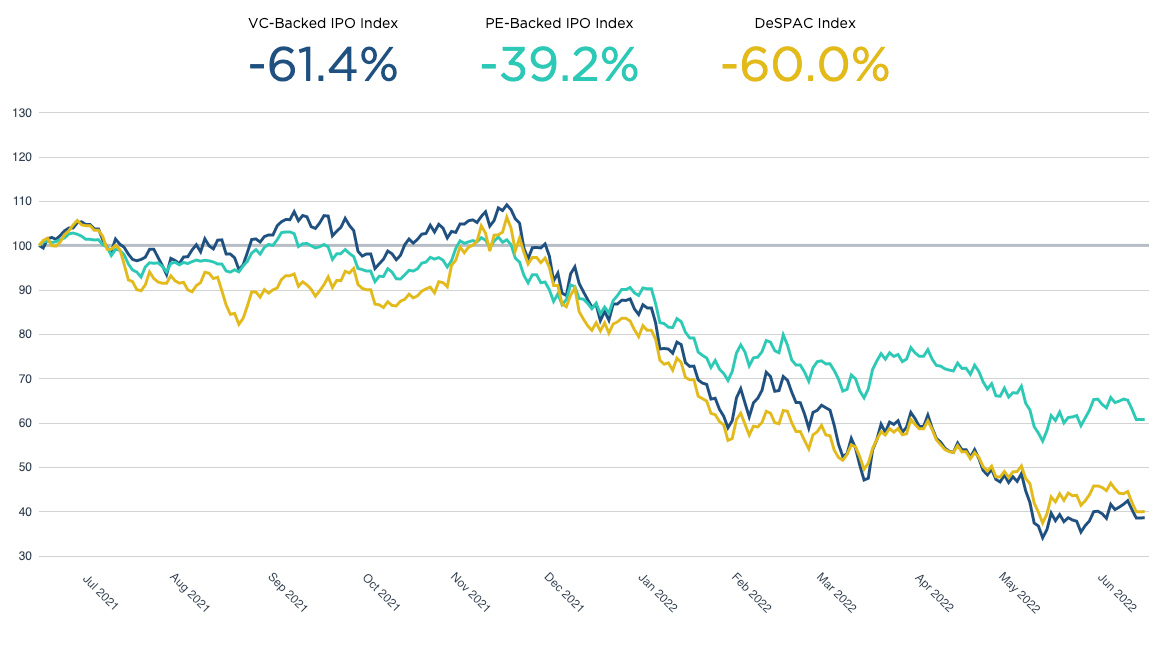
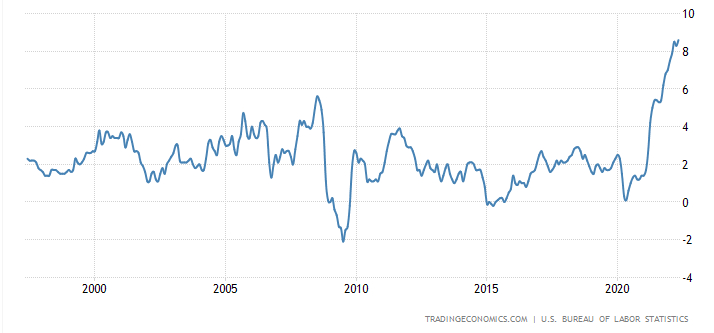
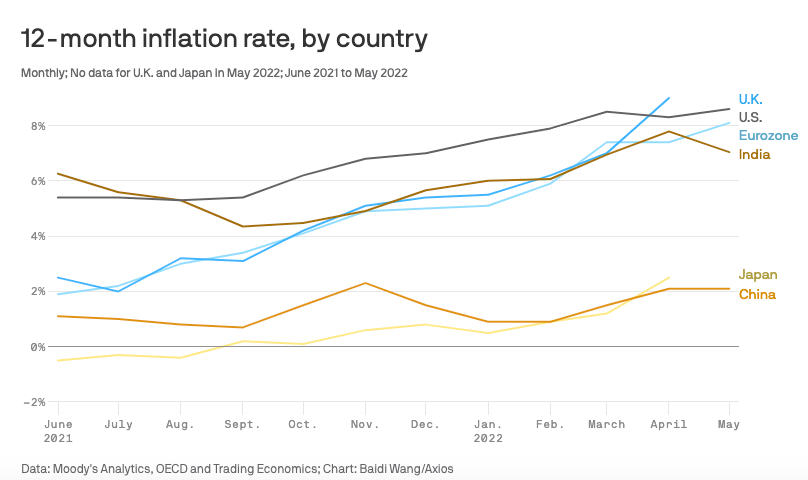
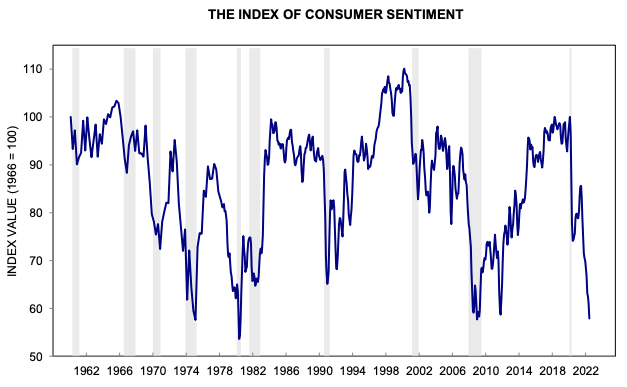






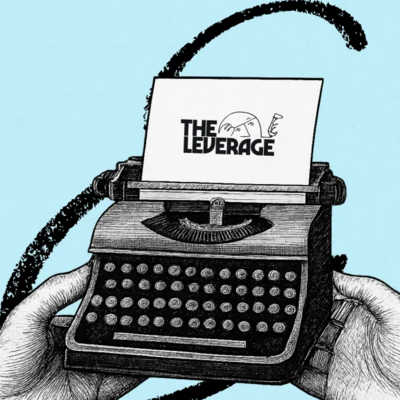
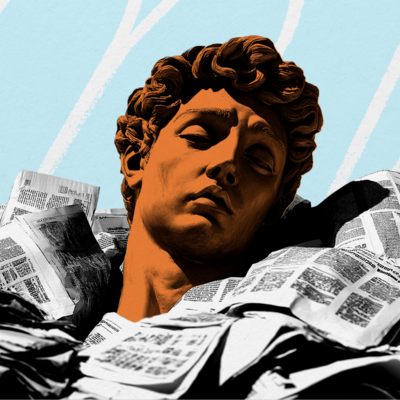


Comments
Don't have an account? Sign up!